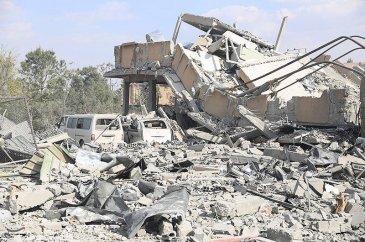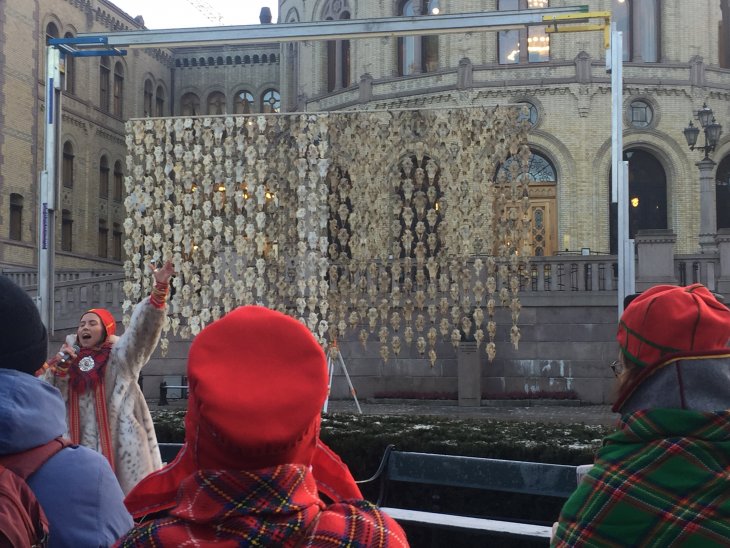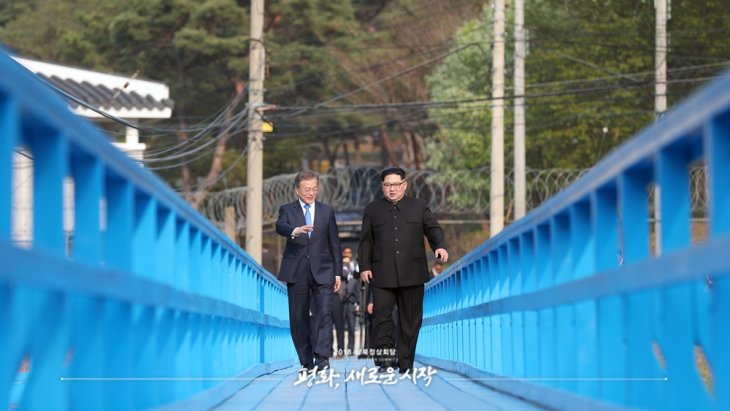In the war in Syria, the two globally most militarily active superpowers – Russia and the United States – have soldiers actively deployed on opposite sides on the same battlefield. This is the first time this has happened since the end of World War II, and it is a dangerous situation.
At the same time, we see that the Cold War “hotline” – a direct line of communication between Moscow and Washington – continues to function. This seems to have been vital during the Western military response, on 14 April, to the use of chemical weapons in Douma a week earlier, when Russia and the United States managed to prevent further escalation of conflict between them.

The ruins of the 2018 American-led bombing of Damascus and Homs. Photo: Tasnim News Agency / Wikimedia Commons
From a Norwegian vantage point this is important. The Syrian conflict is the greatest humanitarian catastrophe of our time. In itself, it is an extremely complex war involving a large number of parties, within Syria, from the region, and beyond. But a confrontation between Russia and the United States, given that each directly supports a different side in the conflict, could also have implications for Norway’s relationship with the superpowers and, in the final analysis, for Norway’s own security. Accordingly, it is good news for Norway that the mechanisms for preventing escalation continue to function.
There is little doubt that the missile strikes defied international law. None of the established justifications for a military attack on another country’s territory were in place. When the Norwegian government expresses its ‘understanding’ for the attack, without entering into further discussion of the international law implications to which one otherwise attaches such great importance, it is a reflection of a small state that feels increasingly vulnerable at the interface between a more aggressive Russia and a less predictable United States. Read More


